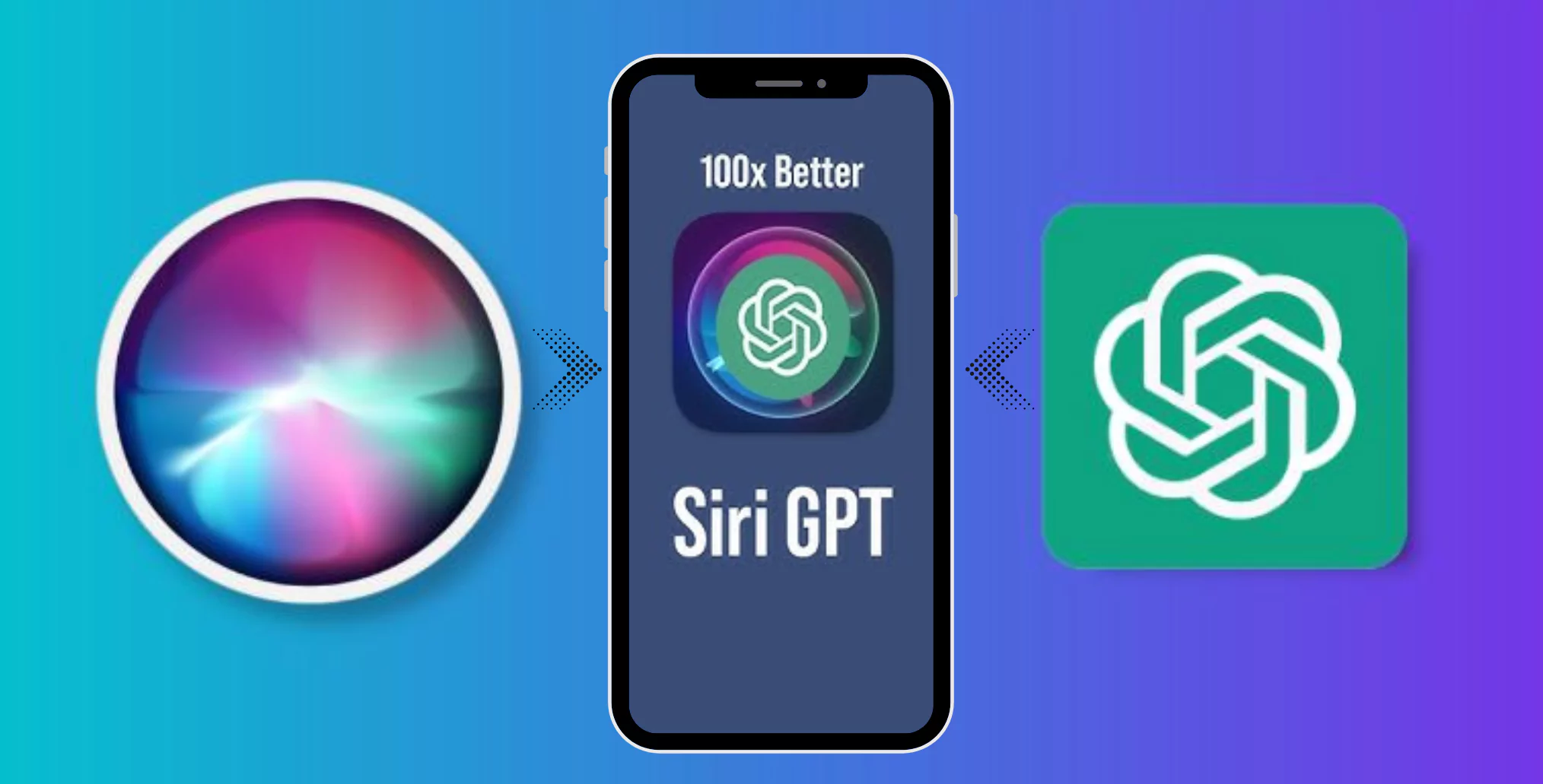New AI Attack Can Steal Passwords by Listening to Your MacBook Keystrokes
An AI-powered attack has been developed that can steal passwords by listening to the sound of your keystrokes on a MacBook.
Researchers from Durham, Surrey, and Royal Holloway universities have figured out a sneaky way for a computer to listen to the sounds your fingers make when you type on a MacBook.
And guess what? This computer trick can steal your passwords with a whopping 95% accuracy, almost perfectly getting the letters and symbols you type, only making a few mistakes.
The tricky part is that Apple’s MacBook keyboards haven’t changed for a while, which makes it easier for the AI to work on different MacBooks. This new discovery should make us realize that our passwords might not be as safe as we thought. It’s important to use strong passwords and avoid typing them in when others might be listening.
Let us see how they found out.
About the research
In 2023, researchers from Durham, Surrey, and Royal Holloway universities developed a new AI-powered attack that can steal passwords by listening to the sound of your keystrokes on a MacBook.
The attack works by first collecting training data. The researchers did this by recording the different sounds produced by each key on a MacBook Pro. Once they had enough training data, they trained an AI model to identify the sounds of individual keys.
Once the AI model was trained, it could be used to steal passwords. The attacker would simply need to place a microphone near the victim’s MacBook and record the sound of their keystrokes.

Image Credit- https://www.nag.co.za/2023/08/07/ai-can-steal-your-data-by-listening-to-keystrokes-with-95-accuracy/
The AI model would then use the training data to identify the letters and symbols being typed, and the attacker would be able to steal the password.
The researchers also tested how well the deep-learning model could pick up on keystrokes via Zoom. In other words, if a malicious actor crashed a Zoom call.
Could they potentially snatch your private data by “listening” to your keyboard’s acoustics? The answer is yes but at a slightly lower accuracy rate of 93%.
The researchers say that the attack is made easier by the fact that Apple has not changed the design of its MacBook keyboards for many years.
This means that the AI model can be trained on a wide variety of MacBooks, and it will be able to accurately identify the sounds of the keys on most MacBooks.
Here are some tips that can help protect you from this sneaky new AI attack.
Must Read: Restore Old Photos with Adobe Photoshop Generative Fill tool
How to protect yourself from AI password Hacking?
There are a few things that you can do to protect yourself from this attack.
- Use a strong password manager and never type your passwords in manually. A password manager is a software application that can store all of your passwords in a secure location. This way, you don’t have to remember all of your passwords, and you can be sure that they are strong and secure.
- Keep your software up to date, including your operating system and web browser. Software updates often include security patches that can help to protect your computer from malware and other attacks.
- Be careful about what websites you visit and what links you click on. Only visit websites that you trust, and be careful about clicking on links in emails or on social media.
- Use a firewall and antivirus software to protect your computer from malware. A firewall can help to prevent unauthorized access to your computer, and antivirus software can help to detect and remove malware.
- Avoid using public Wi-Fi – Be aware of the risks of public Wi-Fi and avoid using it for sensitive tasks. Public Wi-Fi networks are often not secure, so it is best to avoid using them for sensitive tasks like online banking or shopping.
Things you can do to protect yourself from this attack
- If you are using a MacBook in public, try to position yourself so that your keyboard is not facing anyone who could be listening in.
- If you are using a MacBook in a meeting, be aware of the people around you and make sure that they are not in a position to record your keystrokes.
- If you are using a MacBook over Zoom or another video conferencing platform, be careful about what you type in the chat window. The attacker could be listening in and trying to steal your passwords.



